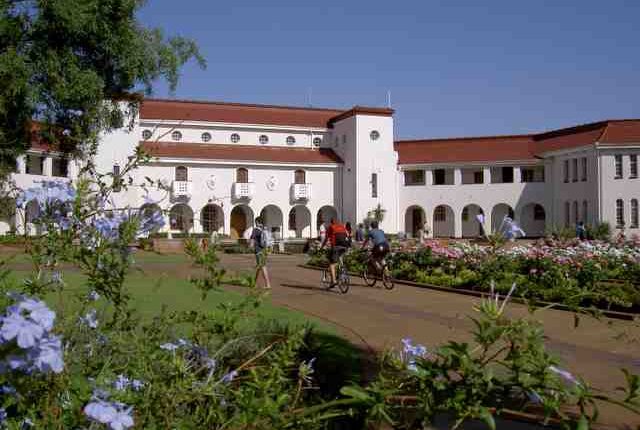North-West University: Developing and validating parentage verification tests for lovebirds
The better the pedigree of certain parrots kept as pets, the more popular and expensive they are in the marketplace. As a result, buyers and sellers alike have an interest in knowing the parentage of the birds concerned, and this is especially the case with lovebirds, says Prof Rencia van der Sluis, senior lecturer in the North-West University’s (NWU’s) Faculty of Natural and Agricultural Sciences.
Prof Van der Sluis says parrots are members of the Psittaciformes order and there are more than 350 known species worldwide. Among them are parakeets (for example lovebirds and budgerigars), African Grey parrots, macaws, cockatiels and cockatoos.
“Parrot breeding is a popular form of animal husbandry performed worldwide,” she says, adding that lovebirds are popular because they are easily tamed, kept and bred.
Lovebirds are part of the genus known as Agapornis, which consists of nine species. One species, Agapornis roseicollis, is native to Southern Africa, in particular Angola, Namibia and north-western South-Africa.
Prof Van der Sluis set out to develop and validate a parentage verification test for lovebirds. Higher prices are paid for lovebirds from exceptional bloodlines, usually associated with exotically coloured plumage.
“However, there is no species-specific genetic test available to verify the identity or parentage to confirm pedigree data,” she says. “A buyer needs to take a seller’s word that a bird is from a specific parent pair and often it leads to fraud as there is no scientific test to back these claims.”
That is changing, thanks to the work of Prof Van der Sluis and her team.
“Our group constructed and validated a panel of single nucleotide polymorphism (SNP) markers in a large population of birds that can be used to identify individuals and verify parentage of lovebirds.”
This project was chosen to feature as part of the promotional Women’s Month flyer that went out on all Technology Innovation Agency media platforms during September.
According to Prof Van der Sluis, the advent of a scientific test to verify the birds’ parentage could help put an end to false claims and fly-by-night operations.

